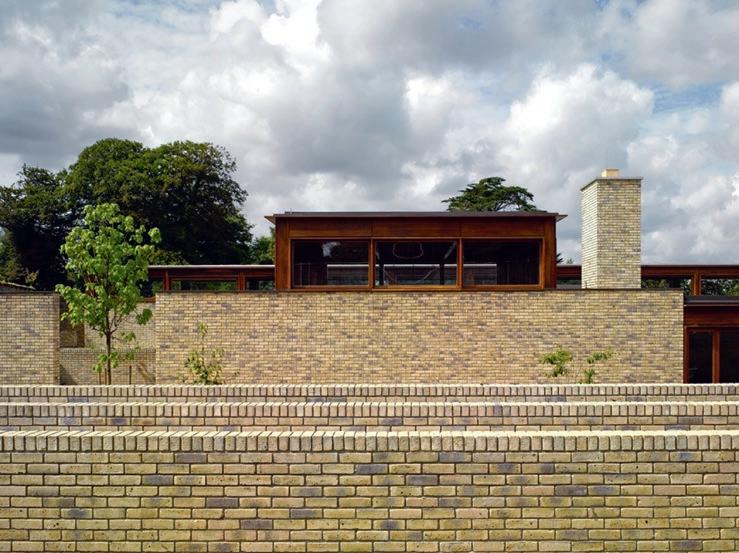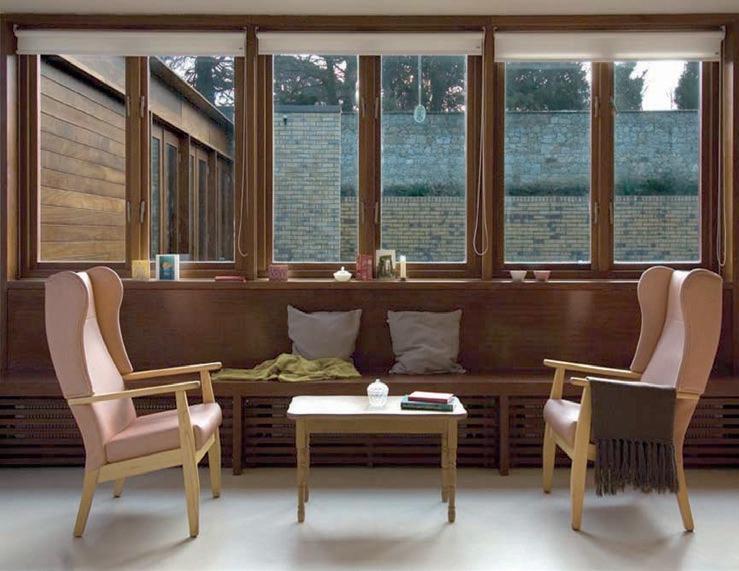
1 minute read
Aims and Objectives
Our broadest aim is that this research will encourage thought and debate around design for dementia and ageing amongst architects, and across disciplines, expanding our capacity as built environment professionals to deal creatively and empathetically with these diseases. Beyond this, we hope that our research into spatial cognition will be significant for architectural thought because it will equip us with a deeper comprehension of how mind, body and environment interact as a whole, thus benefitting and making more inclusive the design of many types of building and urban projects. Specific objectives include:
1. To investigate how the mind acquires spatial knowledge and the implications of this for architecture;
2. To examine current research and practice on different forms of dementia and spatial cognition, produced by neuroscientists, health professionals, psychologists, anthropologists and artists, mainly based in the UK and Ireland;
3. To draw conclusions from specifically designed and lived-in environments, particularly through revisiting The Orchard
Alzheimer’s Respite Centre in Dublin, designed by Níall McLaughlin Architects, and through studying how it is being used since its completion;
4. To critically reflect on the latest national and international health care and built environment policies that influence the design and management of buildings for people with dementia; 5. To learn from directly engaging with people living with dementia, their families, carers and friends, and to participate in relevant support groups;
6. To question architectural drawing conventions that represent buildings as sole-authored, fixed and total images and investigate new methods of representation that manifest the building as a collective and temporal reality;
7. To evaluate the home versus other models of professional care environment (day care, respite, long-term care, village care);
8. To understand how the urban realm can be designed and maintained to support and enhance the quality of life of an ageing population and people living with dementia;
9. To create the Irish Pavilion and a report of findings, responding to the theme of the 15th International Architecture Exhibition
‘Reporting from the Front’ set by Alejandro
Aravena;
10. To commit to an extension of this project, beyond the limits of the Biennale, through the architects’ ongoing practice and research.
6 Exterior view of The Orchard Alzheimer’s Respite Centre, Dublin.
7 Interior view of The Orchard Alzheimer’s Respite Centre, Dublin.
6

7






